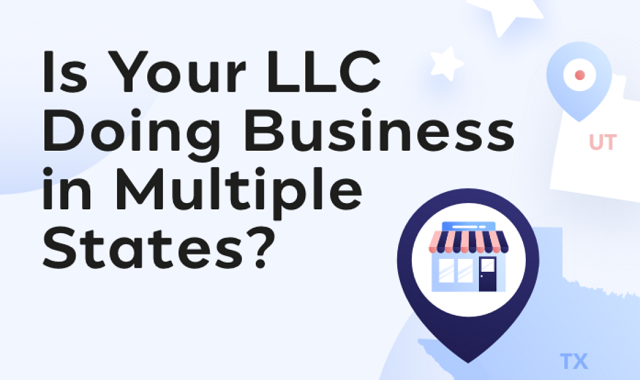If you are running a business across state lines you may need to file a Foreign Qualification. This helps to keep you protected under state laws and avoid potential penalties.
To figure out if you are running a business in another state, check if: (1) you applied for a business license in another state, (2) you do not live in the state where your business was formed, (3) you regularly do business in other states, (4) some of your W-2 employees are in another state, (5) one of your business locations is in another state, (6) a significant amount of your revenue comes from another state or (7) your business partner does business in another state. To file your foreign qualification, first secure your business name. Verify if your business’ name is available. If not, the name will need to be adjusted and you will need to file a DBA (Doing Business As) in each state. You can file your original name or DBA with Incfile and include your name in the Foreign Qualification.
Next, choose your registered agents. Every state that you do business in must have a designated registered agent. If you do not live in a state, you cannot be the chosen agent. Incfile can be appointed as your registered agent in all 50 states.
Afterward, get a certificate of good standing. Some states require this certificate to show that you are in compliance with their laws. Finally, file for foreign qualification by submitting your documents to each state’s Secretary of State along with your certificate of authority. You can begin operating in that state after approval.
If you are a freelancer that works with clients in other states or have an ecommerce business with customers around the country, you do not need to file for Foreign Qualification.
Our infographic will help you simplify the process by walking you through every step of running your business in multiple states.
Infographic by: incfile


